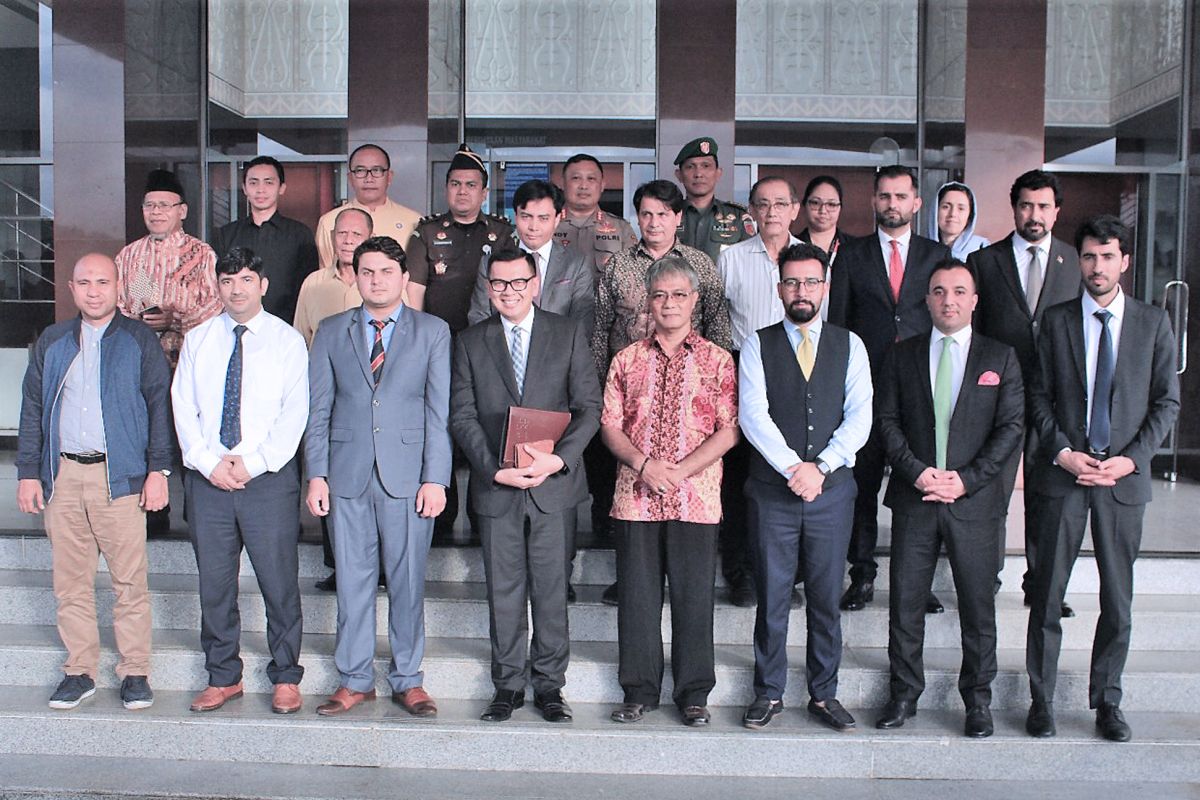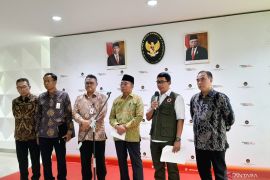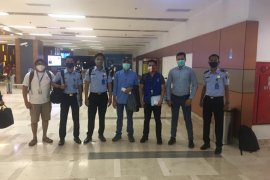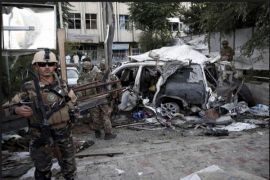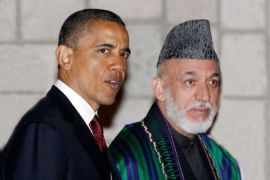Head of the Education and Training Center, Indonesian Ministry of Foreign Affairs, Yayan G.H. Mulyana, remarked in Ambon on Saturday that Afghanistan had sent 10 delegates, who work as diplomats in the country, to Maluku.
"They have been in Ambon since Friday (July 19) for a series of meetings with related parties in Maluku, including the Maluku provincial government, religious leaders, university leaders, and several communities, who have contributed to the process of resolution of conflict in 1999 in the province," he noted.
The 10 diplomats comprised two officials from the Ministry of Foreign Affairs (MoFA) -- Abdul Ghaffar Jamshidi and Abdul Wahab Rahimi -- as well as three MoFA First Secretaries: Fawzia Habib, Hamed Khurasani, and Mohammad Amin Yaqoubi.
Furthermore, MoFA Second Secretaries Asef Naderi, and Faridullah Malizai; MoFA Third Secretaries Abdulzaman Akbari and Jamal Nasir Gharwal; and MoFA Chief of Staff Jangyalai Hakimi were among the diplomats.
He noted that the delegation from the country had chosen Maluku since this region had a history of conflict and had become a cause for concern for the global community.
"They want to take a cue from the government and people of Maluku on how to maintain harmony, togetherness, and post-conflict brotherhood," he stated.
He affirmed that the Afghan delegation will study several aspects pertaining to conflict resolution, so that the process could be expedited, and various elements of the central government and regions can be involved in resolving conflicts.
"Most importantly, they want to gain several smart inputs and learn practices from various components of society in Maluku, such as religious leaders, community leaders, and also those from the grassroots level, such as the youth and women in initiating conflict resolution," he noted.
The Afghan delegation was all praises and expressed interest in the harmonious religious and inter-ethnic existence in Maluku that is structured and systematic and ingrained in the "Pela-Gandong" culture and been passed down through generations.
"They capture the concept and essence of Pela-Gandong in reality when a religious facility is built, so that other religious followers will be involved in its development and organize their social order optimally," he remarked.
They were also impressed by the Pela-Gandong culture as the local wisdom and a unifying tool in a pluralistic society, both ethnically and religiously.
"This is one of the models that has drawn the attention of the Afghan delegation to be applied in resolving matters in their country," Mulyana stated.
Related news: Afghans to take cue from religious tolerance practiced in Ambon
Related news: Foreign Affairs Ministry supports Ambon Night cultural event
Translator: Jimmy Ayal/Eliswan Azly
Editor: Sri Haryati
Copyright © ANTARA 2019
